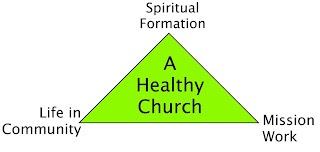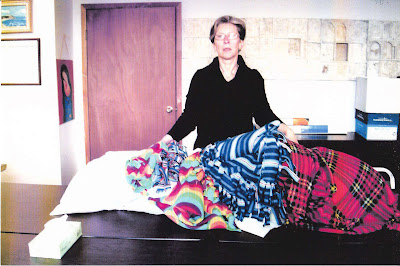Read about how the Israelites became enslaved
Read about God's decision to rescue them
In Egypt the Israelites became victims of a paranoid, xenophobic ruler who needed slaves to complete his numerous building projects. By working them to death, the king – possibly Ramses II – would prevent them from siding with Egypt’s enemies during times of conflict.
When I think of this world, I often think of a giant pinball machine with billions of tiny balls representing all of us humans. Ideally the balls should dance in intricately beautiful choreographed patterns. But inevitably somebody misses a step or drops out of line. Chaos ensues.
Sins big and little pervade our lives and pervade our world. We live among corrupt and broken systems operated by corrupt and broken people. We, our neighbors, our world suffer as a result. The Apostle Paul talks about the entire world, all of creation, groaning under the weight of sins large and small, innocent and diabolical. It is this sin that causes a cashier at Target or an engineer on the Long Island Rail Road to loose her job because a person who wanted a little more house than they could afford was seduced by a broker seeking a larger commission from a mortgage company seeking bigger profits, who was invested in by a bank trying to get in on the action which in turn was insured by AIG. Pinballs out of step, out of line. Broken choreography bringing pain, suffering and hurt into our lives and into our world.
Over and over again Scripture affirms that God hears our groaning, the groaning of the world and responds. God responds to the Israelites by sending Moses. God responds to our groaning by sending Jesus Christ. God responds to the groaning of the world through his church, whom he has charged to continue Jesus’ legacy of love, justice and healing in a broken world.



